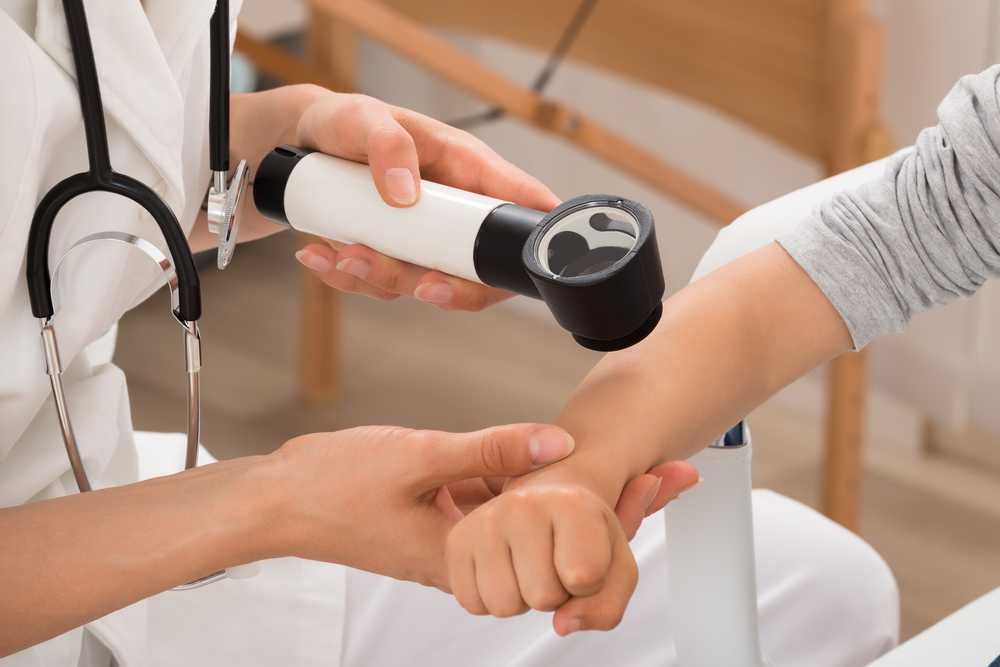NHS optimising dermatology care with telemedicine technology

Teledermatology platform is giving GPs across the UK rapid access to advice from consultant dermatologists.
The technology from Consultant Connect, called PhotoSAF, allows GPs to take, store, and forward photos and files directly to specialist NHS dermatology specialists for pre-referral advice and guidance.
PhotoSAF is the UK’s most widely used teledermatology platform, covering more than half of the NHS across England, Scotland, and Wales. 3,500 NHS organisations, including GP practices and Trusts, use the service.
In 2023, usage of the tech has increased by 2,400 per cent compared to 2019. More than two-thirds of patient cases avoid unnecessary secondary care appointments on average, meaning that approximately 550,000 patient cases have benefited from the platform being used.
The platform already integrates directly into primary care patient records in England and with the NHS e-Referral Service. This means that GPs do not have to manually process referrals, freeing up valuable clinical and administrative time, and saving the NHS about £16 million annually.
In addition to saving time and money, PhotoSAF can also help diagnose various skin cancers faster, supporting the two-week wait skin cancer pathway that ensures patients with suspected skin cancer are seen by a specialist within two weeks of referral.
The success of PhotoSAF is a testament to the potential of telemedicine to improve patient care and reduce costs. By providing GPs with rapid access to specialist advice, PhotoSAF is helping to ensure that patients receive the right care at the right time.
Jonathan Patrick, CEO of Consultant Connect, said: “PhotoSAF teledermatology is already having a massive impact on patients, clinicians and the NHS. It means that patients get the treatment they need quickly, often without having to go to hospital. We’re not surprised at how usage has exploded, it’s another example of the NHS making pioneering use of technology to improve care for taxpayers.”
Dr Emamoke Ubogu, GP and Partner at Swan Medical Centre said: “What stood out to me when I initially used it was getting advice from dermatology experts. As a GP, our training in dermatology is quite limited unless you undergo training to become a GP with a special interest in dermatology. This is why being able to communicate with a dermatologist is so helpful. The specialist often only needs to see photos in addition to the medical history in order to make a diagnosis.”